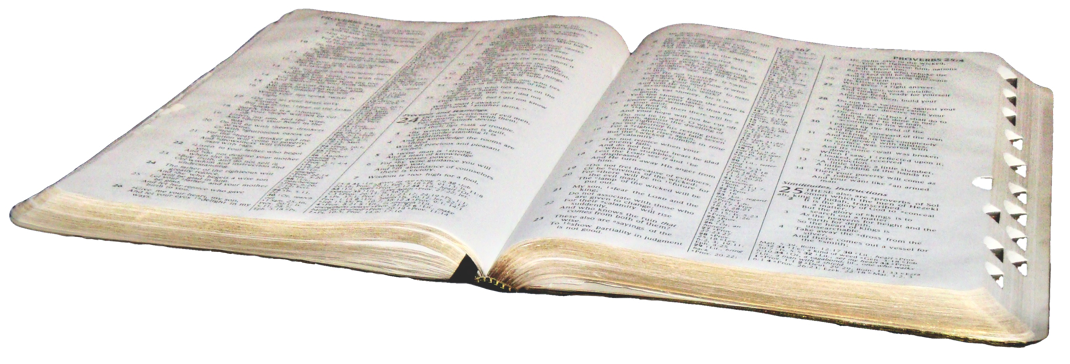
Bein' a Berean
…outside the box but inside God's Word...



This verse seems to be quoted almost as often as John 3:16:
"And He *said to them, “Whose likeness and inscription is this?” They *said to Him, “Caesar’s.” Then He *said to them, “Then render to Caesar the things that are Caesar’s; and to God the things that are God’s.” (Matthew 22:20-21 NASB unless noted
What does it mean, or, more importantly, what did Jesus mean by this?
First, the question, “Is it lawful to give a poll-tax to Caesar, or not?" (Matthew 22:17) was asked of Jesus by students of the Pharisees to trap him. If Jesus was to tell them not to pay that tax then they could report Him to the Romans as an insurrectionist. If He said they were to pay the tax, He would be seen as one collaborating with the Romans and, therefore, an enemy of the people.
To better understand Jesus’ reply we need to look back to Matthew 17 where the issue of the poll-tax was first raised to trap him.
When they came to Capernaum, those who collected the two-drachma tax came to Peter and said, "Does your teacher not pay the two-drachma tax?" He said, "Yes." (Matthew 17:24-25)
Does your teacher not pay the poll-tax? The question must have been asked for a reason. Did Jesus just walk past the collection booth without paying? Something drew their attention to Jesus and the tax. The drachma was a Roman coin having the image of Caesar imprinted on it—a "graven image” and repulsive to any devout Jew.
"You are not to make for yourselves a carved image or any kind of representation of anything…" (Exodus 20:4)
Peter, known to be impulsive, answered, “Yes.” Jesus later confronted Peter:
"What do you think, Simon? From whom do the kings of the earth collect customs or poll-tax, from their sons or from [others]?" When Peter said, "From strangers," Jesus said to him, "Then the sons are exempt. However… (Matthew 17:25-27)
Jesus raised the issue of obligation. Who is obligated to pay this tax, and who are exempt?
First, Jesus’ question/answer establishes that not everyone is obligated to pay this tax. Second, Jesus’ answer implies, by the “however” or “Nevertheless,” that He and they are exempt.
"However, so that we do not offend them…" (Matthew 17:27)
This does not do justice to the Greek text, which more literally reads, “But not to get ensnared” or “But to avoid getting ensnared.”
"But to avoid getting ensnared, go to the sea, throw in a hook, and take the first fish that comes up; and when you open its mouth, you will find a shekel. Take that and give it to them for you and Me."
Peter’s impulsive “Yes” had obligated them to pay a tax for which they were not naturally obligated. I suspect this was an early attempt to ensnare Jesus, which later became a more direct attempt in chapter 22. Jesus here avoided getting hooked by sending Peter to retrieve a coin—this time a shekel—to pay the tax for the two of them. The shekel did not have the graven image of Caesar on it…
Now coming back to the text, “render to Caesar the things that are Caesar’s; and to God the things that are God’s.” has some context from which we can understand it.
Those who are in Caesar’s image are Caesar’s subjects and obligated to pay Caesar’s tax those who are in God’s image are God’s subjects and are obligated to God.
Put into today’s framework, those who are the government’s subjects are obligated to pay the government’s taxes. It becomes essential that we are clear in our understanding of our relationship to government—otherwise, we may find ourselves serving the wrong master.
The government’s subjects are those entities created by the government or holding office in government. It is by deceit, lack of disclosure, and our ignorance that most of us are under the impression that we are subjects of the government when in truth those elected form a government which is our creation and our (public) servants.
Please read Deceived By Legal Jargon.
This website makes use of cookies. Please see our privacy policy for details.